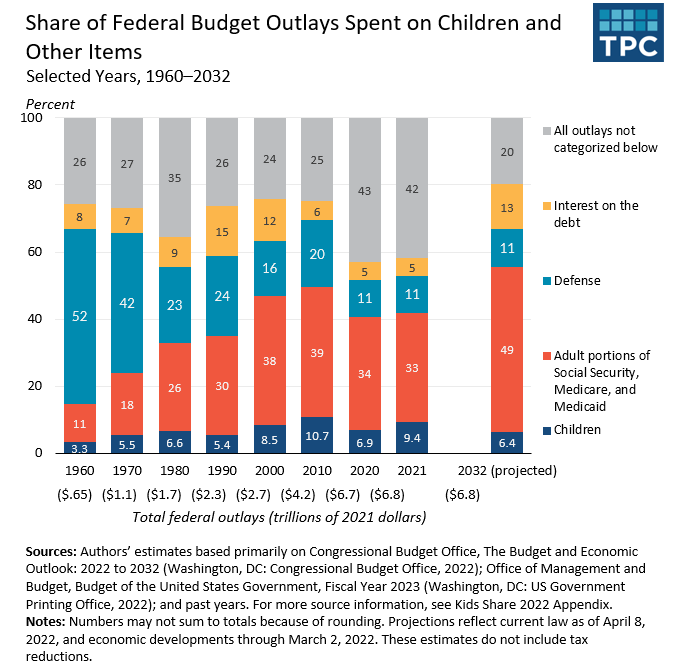Should Cash Bail Be Abolished?
Supporters of cash bail bonds say they provide assurance that defendants will appear in court.
Opponents, however, say that too often, defendants simply can’t afford the bail, and it does little more than criminalize poverty.
While a few states have taken steps to give judges more leeway to waive cash bail when they think situations warrant it, only one state has decided to take the full dive and ban cash bail outright.
That state is Illinois, and they will begin doing it after Jan. 1, 2023 – unless, that is, a lawsuit by several dozen state prosecutors and sheriffs stops it.
How Cash Bail Works
Cash bail is the money paid to get someone out of jail after they are arrested. The purpose of setting and receiving bail is to ensure that a defendant will return for a trial or hearings. If they do, the money is returned. If they don’t, the government keeps the money.
If they lack the cash, they can turn to private bail bond companies that will pay the bail for a nonrefundable fee, usually 10 to 15 percent of the bail amount. The rest of the amount is secured by collateral – a house, car, jewelry, etc. If the defendant misses a court date, the lending company can use the collateral to pay for the full amount.
The obvious problem for many defendants is that they don’t have the cash or possessions to pay the bail or borrow. This means they must stay in jail as they await their court dates. These defendants are called pretrial detainees and make up the majority of people awaiting trial from behind bars. Their average wait: 25 days.
When critics argue that the bail system needs to be reformed, pretrial detention is one of their primary targets. They ask: Is it fair for half a million Americans to sit behind bars for weeks when they are supposed to be innocent until proven guilty?
Reformers Making Headway
The bail-reform proponents have been stating their arguments for years, and they’ve scored a few legislative victories.
- In 2016, New Mexico voters approved a ballot measure giving judges discretion to waive cash bail for people who can’t afford it. It also gave them greater discretion to deny bail to defendants who they consider too dangerous.
- In 2017, New Jersey adopted a new measure that replaced heavy reliance on cash bail with a system that assessed defendants’ risk of failing to appear for court dates.
- In 2018, California passed a law eliminating bail for those who can’t afford it. That law was challenged, but the state’s supreme court last year upheld it.
But none have gone as far as Illinois, which is simply banishing cash bail.
At least, that’s the intention. As you can imagine, the pushback is strong – dozens of state’s attorneys and sheriffs have filed a lawsuit – and there’s already talk of possible compromises.
The New Law in Illinois
The Illinois Safety, Accountability, Fairness and Equity-Today (SAFE-T) Act passed the state’s general assembly early last year. The bill calls for broad reforms in the state’s criminal justice system and the removal of cash bail is one of its most controversial features.
Although the bill does end the cash bail system, judges may still order pre-trial detention of defendants if they believe it is warranted. So, what crimes should result in detention? The bill lists the criteria that judges can apply in determining when a defendant can be held before trial.
- When a defendant commits a “forcible felony,” that comes with a mandatory sentence without probation if they are convicted
- If a defendant is charged with stalking or a sex offense, and release would pose danger to an individual or the community
- If a defendant is charged with a forcible felony and poses a high likelihood of “willful flight to avoid prosecution”
Arguments Pro and Con
The lawsuit by the prosecutors and sheriffs argues that the law is unconstitutional on several technical grounds. One of them is a contention that the SAFE-T Act is too broad and violates the state’s “single subject rule,” which requires that legislation contain only one topic. Supporters counter by saying that’s nonsense because the law does indeed cover just one subject: reforming the criminal justice system.
The opponents’ main argument, however, is that it allows defendants to avoid jail and pose a threat to the community.
However, supporters of abolishing cash bail argue that the same public-safety argument can be made about those who have the means to pay or borrow their way out of jail time and remain in the community. Their main argument, however, is that the cash bail system betrays the “presumption of innocence” standard by jailing hundreds of thousands of people without the benefit of a hearing.
They also argue that there are other ways to keep a rein on defendants as they await court dates.
- Risk-assessment tools
- Electronic monitoring with wrist or ankle shackles that use GPS tracking to monitor a defendant’s location
- PR (personal recognizance) bonds that allow a defendant to sign a document promising to return for court dates and abide by any restrictions imposed by a judge
The lawsuit by some of the state’s attorneys has been consolidated into one lawsuit, in Kankakee County, and oral arguments are scheduled for Dec. 7. If the effort fails and the law goes into effect, all eyes will be on Illinois to evaluate how the nation’s first cashless pretrial detention system will work.
Related Resources
You Don’t Have To Solve This on Your Own – Get a Lawyer’s Help
Meeting with a lawyer can help you understand your options and how to best protect your rights. Visit our attorney directory to find a lawyer near you who can help.






